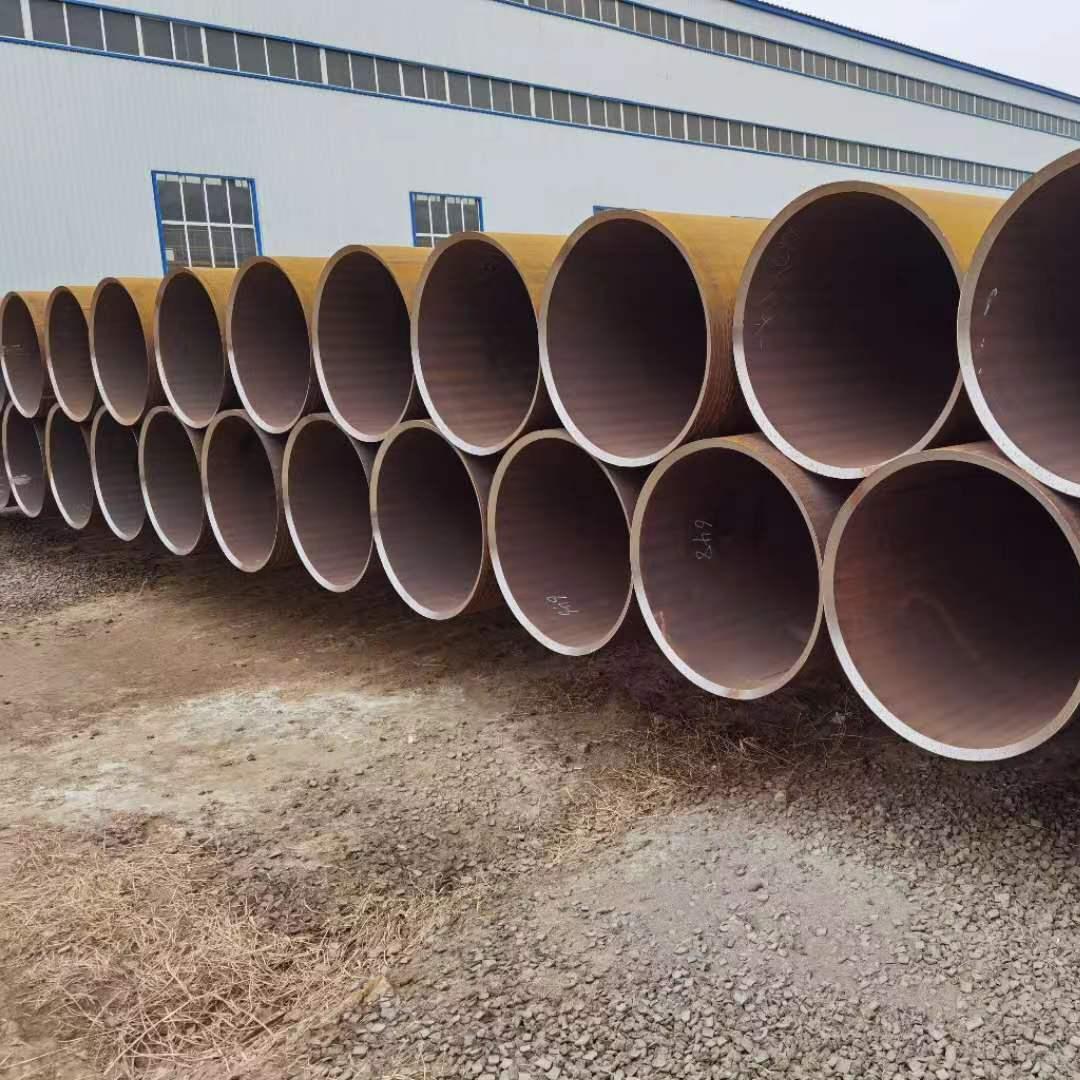7 月 . 31, 2024 21:16 Back to list
High-Quality API 5L-B Carbon Steel Pipes from Leading Manufacturers in China
The Importance of API 5L-B Carbon Steel Pipe in Modern Industries
Carbon steel pipes are pivotal components in various industrial applications due to their strength, durability, and cost-effectiveness. One particular specification, the API 5L-B carbon steel pipe, is especially significant in energy and construction sectors. Produced according to the standards set by the American Petroleum Institute (API), the API 5L-B specification covers the manufacturing requirements for seamless and welded steel pipes for use in pipelines, primarily used for the transportation of oil, natural gas, and water.
Understanding API 5L-B Standard
The API 5L standard offers a range of grades, with Grade B being one of the most commonly used variants. The API 5L-B carbon steel pipes are designed to meet specific mechanical properties, ensuring high yield strength, tensile strength, and impact resistance. These pipes are essential for maintaining the integrity and efficiency of pipeline systems, particularly in harsh environmental conditions.
Manufacturing Process
The production of API 5L-B carbon steel pipes involves several critical steps. Steelmaking begins with high-quality raw materials such as iron ore, scrap steel, and various alloys. Once refined, the molten steel is shaped into pipes through either a seamless or a welded process. The seamless method is often favored for high-pressure applications due to the absence of weld seams, which can be weak points under extreme conditions.
Welded pipes, on the other hand, are created by rolling a flat steel plate and welding the edges. While they may not perform as well under extreme pressure as seamless pipes, they still adhere to rigorous API 5L-B standards and are utilized in lower pressure applications and large diameter pipelines.
china api 5l-b carbon steel pipe factory

Key Properties and Applications
API 5L-B carbon steel pipes exhibit several beneficial properties. They are primarily recognized for their high yield strength, which allows them to withstand significant pressure from the transported fluids. Additionally, the toughness of these pipes ensures they can endure impacts and vibrations commonly encountered during installation and operation.
These pipes are extensively used in various applications, including - Oil and Gas Industry For transporting crude oil, natural gas, and refined petroleum products. The durability and strength of API 5L-B pipes make them ideal for these high-pressure environments. - Water Distribution These pipes are also suitable for transporting water, as they can withstand the pressure variations common in water supply systems. - Construction Projects In infrastructure development, API 5L-B pipes can serve as structural elements or conduits for utilities.
Environmental Considerations
Manufacturers of API 5L-B carbon steel pipes are increasingly focusing on sustainability. Implementing eco-friendly practices in the production process, such as using recycled materials and minimizing waste, helps reduce the environmental impact of steel production. Furthermore, the long service life of these pipes contributes to sustainability by decreasing the need for frequent replacements.
Conclusion
In summary, API 5L-B carbon steel pipes are crucial in the transportation of fluids, particularly in the oil and gas industry. Their robust properties, combined with advanced manufacturing processes, ensure they meet the rigorous demands of modern applications. As industries continue to grow and evolve, the importance of high-quality, durable piping solutions like the API 5L-B cannot be overstated. As manufacturers strive for sustainability, these pipes will play a critical role in both infrastructural integrity and environmental responsibility.
-
High Quality Mild Steel Pipe Manufacturers in China for Exporting Premium Industrial Solutions
NewsAug.01,2024
-
Exploring Key Characteristics of Wholesale API Steel Pipes for Your Business Needs
NewsAug.01,2024
-
Current Wholesale Prices for ERW Steel Pipes in the Market Right Now
NewsAug.01,2024
-
Exploring the Diverse Applications and Benefits of China Round Steel Pipes in Construction and Industry
NewsAug.01,2024
-
Top Quality API 5L ERW Steel Pipe Manufacturer Offering Reliable and Durable Solutions for Your Needs
NewsAug.01,2024
-
Reliable Supplier of Premium Quality Concrete Pipes for Durable Construction Projects
NewsAug.01,2024